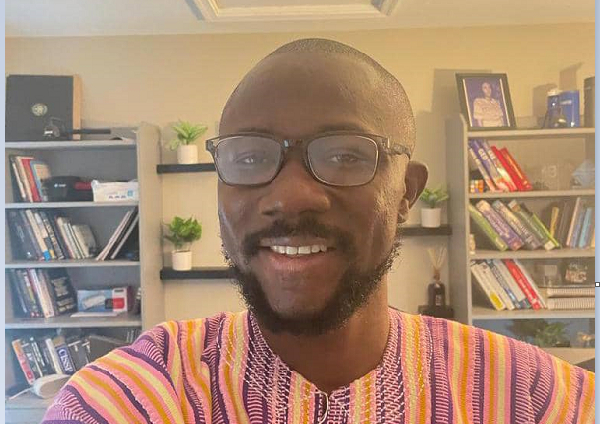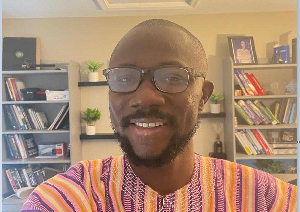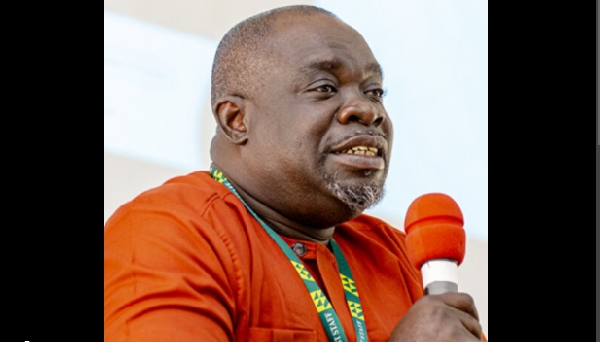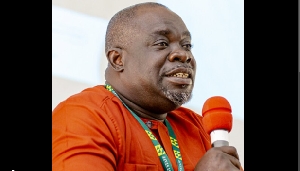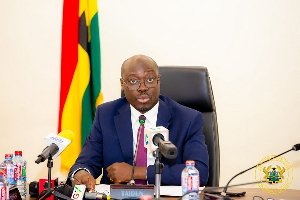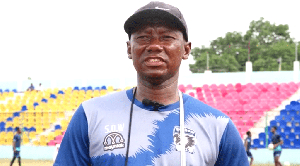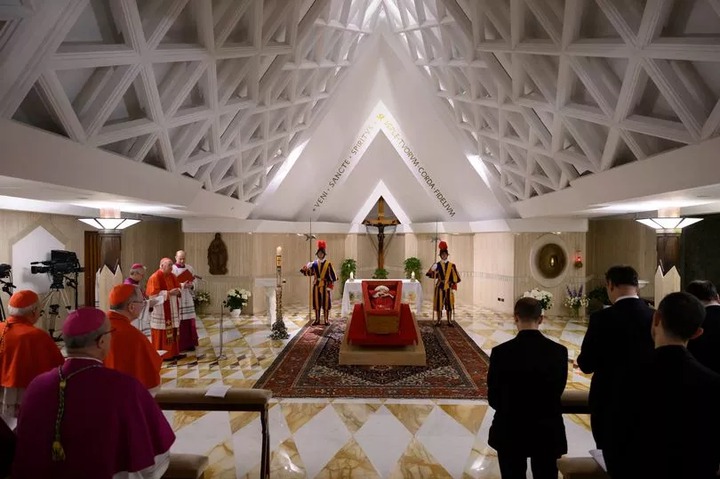Ghana, after decades of independence, has transitioned through multiple governance structures — from military regimes to multiparty democracy.
Yet, its most consistent challenge has been institutional failure, corruption, poor project continuity and unsustainable dependency on foreign aid and bailouts, particularly from the International Monetary Fund (IMF), with 17 different IMF interventions to date.
The nation’s democratic structure, while theoretically sound, has been plagued by deep partisanship, politicisation of development and weak checks and balances.
In contrast, countries like Norway have integrated traditional authority with democratic governance, achieving remarkable success in transparency, fiscal discipline and national continuity.
This article explores how Ghana can draw on Norway’s constitutional monarchy model, particularly by constitutionally empowering traditional leaders like the Asantehene, to create a hybrid governance model rooted in cultural identity, long-term planning and ethical leadership.
Ghana’s democratic reality
Ghana’s system, modelled on Western liberal democracy, gives excessive executive power to the President.
The ruling party often dominates all three arms of government — executive, legislature and appointments in the judiciary — weakening institutional independence.
Key issues include:
Corruption: According to Transparency International’s 2023 Corruption Perceptions Index, Ghana scored 43/100, showing stagnant progress in curbing public corruption.
Auditor-General reports annually expose billions in misappropriated funds across MDAs.
Project abandonment: Every election cycle sees projects by outgoing governments left to rot —a result of political rivalries, not policy inefficiency.
Billion-dollar infrastructure sits idle, such as the Komenda Sugar Factory, Saglemi Housing Project and others.
IMF dependency: Ghana has repeatedly turned to the IMF for bailouts due to reckless borrowing, mismanagement and populist spending.
There is often no pre-loan consultation with neutral institutions — not even Parliament provides meaningful checks.
Winner-takes-all politics
Electoral victory leads to total state capture by the ruling party.
Contracts, appointments and funds are allocated not on merit but party loyalty. Institutions become politicised extensions of partisan agendas.
These realities beg the question: Is there a more culturally rooted and institutionally balanced governance model that can work for Ghana?
Norway’s constitutional monarchy
Norway, one of the most prosperous and transparent nations in the world, operates a constitutional monarchy blended with parliamentary democracy.
The King does not rule — but he provides oversight, unity, and cultural memory.
Key elements of Norway’s system
Ceremonial but constitutional monarch: The monarch receives the national budget, state appointments, and legislation for review and royal assent.
Although not a political actor, the King symbolises national continuity and values above party interest.
Stable political system: Coalition-based governance ensures power-sharing and policy compromise.
No excessive executive power — ministers are accountable to Parliament and the people.
Public trust in institutions: According to OECD studies, over 70 per cent of Norwegians trust their institutions — police, judiciary, parliament and civil service.
Corruption levels are among the lowest globally. Norway ranks 4th on the Corruption Perception Index (2023).
National wealth management: Norway’s Oil Fund (the Government Pension Fund Global), valued at over $1.4 trillion, is managed independently with full transparency, avoiding political interference in natural resource revenues.
What Ghana can learn: Ghana may not transplant Norway’s system wholesale, but it can merge its cultural institutions with the strengths of Norway’s model, resulting in a stable, culturally authentic, and more accountable system.
Adopting hybrid governance model
Restoration of cultural sovereignty: Ghana’s governance today is foreign-imposed — modeled after colonial or American systems.
Integrating traditional authority (led by a restructured Council of Kings under the Asantehene) revives indigenous political systems with proven track records of justice, development, and accountability.
Traditional authority fiscal oversight
Just as Norway’s monarch receives and reviews the national budget, the Ghanaian Council of Kings can act as an Independent Traditional Oversight Body (ITOB) to review loan agreements, long-term infrastructure contracts, IMF and World Bank deals to remove partisan bias and ensure generational decisions pass through cultural gatekeepers.
Institutional memory, continuity: Kings like the Asantehene hold office for decades, unlike transient politicians.
This gives them the ability to ensure long-term national projects are completed, regardless of political changes.
For example, Otumfuo Osei Tutu II’s “Heal Komfo Anokye” project continues where multiple governments failed for decades, mobilising civil society, banks and religious groups.
Moral and ethical leadership: Unlike politicians who face no traditional accountability, chiefs can be destooled and are deeply embedded in the moral framework of their communities.
The king becomes a national conscience, not a competitor for power.
Decentralisation of power: Kings can co-lead development with regional ministers, ensuring local buy-in.
Rather than Accra-centric development, every kingdom is empowered to implement its own long-term vision under national unity.
Why Asantehene should lead
Historical legitimacy: The Asante Confederacy was the most sophisticated and organised indigenous state in West Africa pre-colonialism.
Pan-national influence: The Asantehene commands respect beyond Asanteman — even presidents defer to him.
Global recognition: Otumfuo Osei Tutu II is recognised by institutions like the UN, Oxford, and African Union for peace-building and development.
Proven track record: His leadership of the Otumfuo Education Fund, conflict mediation in Dagbon, and the Komfo Anokye Teaching Hospital rehabilitation are evidence of functional leadership.
Potential constitutional changes
Article 36 expansion: Enshrine a formal advisory and oversight role for the National House of Chiefs in all national economic programmes.
Creation of traditional council senate: Similar to the UK’s House of Lords, a second legislative chamber comprised of traditional leaders to review all critical bills and national borrowing.
Mandatory Review by Council of Kings: All foreign loans and contracts above $100 million must be reviewed and approved by the Traditional Oversight Body.
Challenges and considerations
Political Resistance: Politicians may resist sharing power with traditional leaders.
Need for legal reform: Constitutional amendments must clarify the limits and scope of authority.
Uniformity among chiefs: There must be national unity among the 16 major kings — led by a respected neutral figure like the Asantehene.
Time to rethink the system
Ghana’s current system has repeatedly failed to deliver stability, continuity, or prosperity.
After 17 IMF interventions, abandoned national projects, and deepening distrust in political leadership, it is time to rethink the system.
Norway’s constitutional monarchy, while modern and democratic, retains cultural leadership that acts as a moral and strategic anchor for the nation.
Ghana can do the same — by elevating and empowering its traditional leaders, especially through the leadership of the Asantehene as Head of the Council of Kings, to oversee national development, safeguard fiscal discipline, and ensure cultural continuity.
This is not a step backward into monarchy — it is a forward step into Ghanaian democracy rooted in heritage, justice, and long-term thinking.

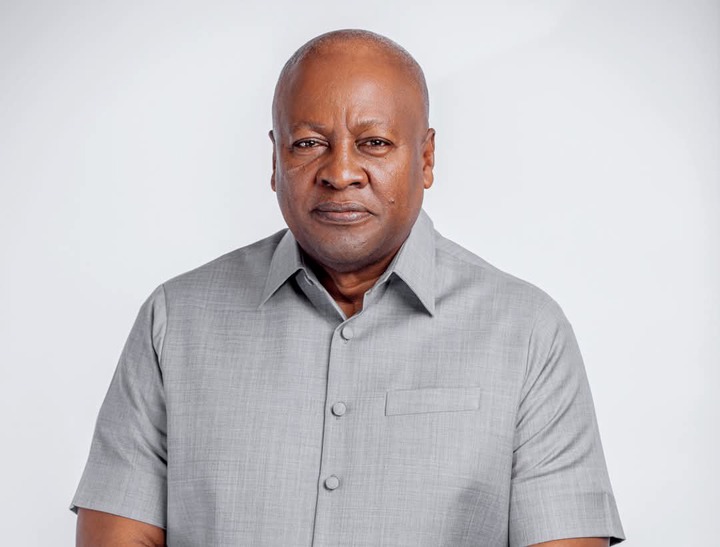

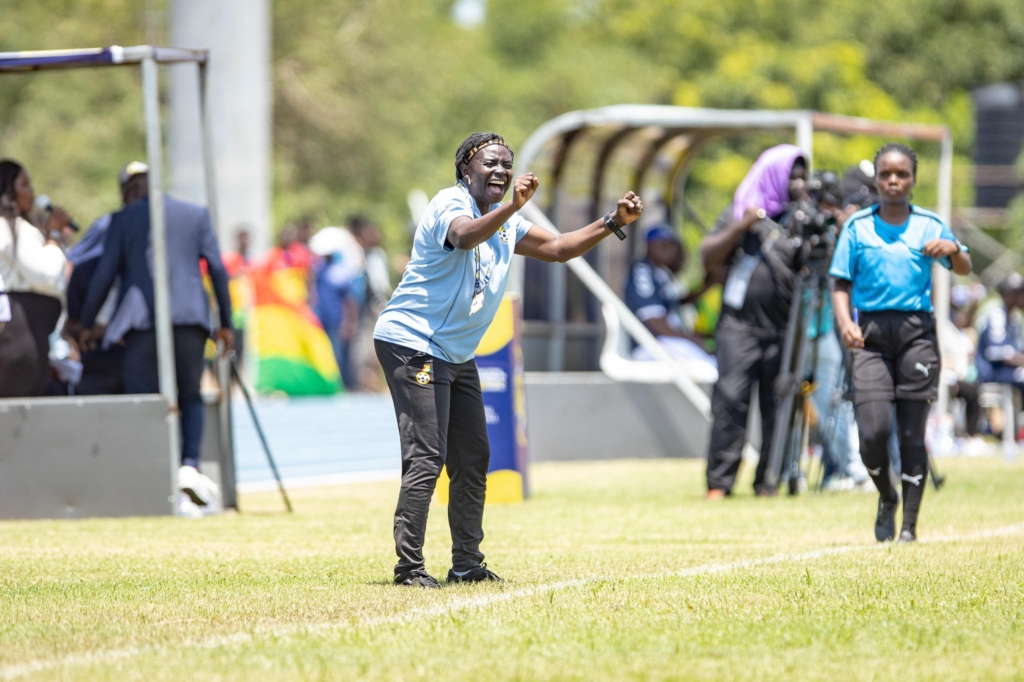
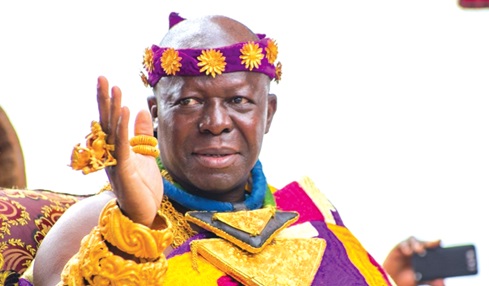
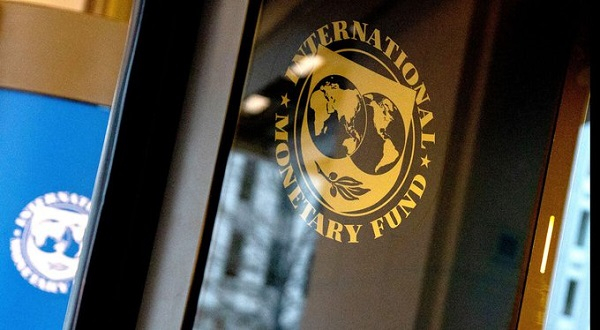
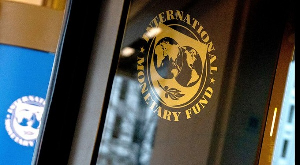
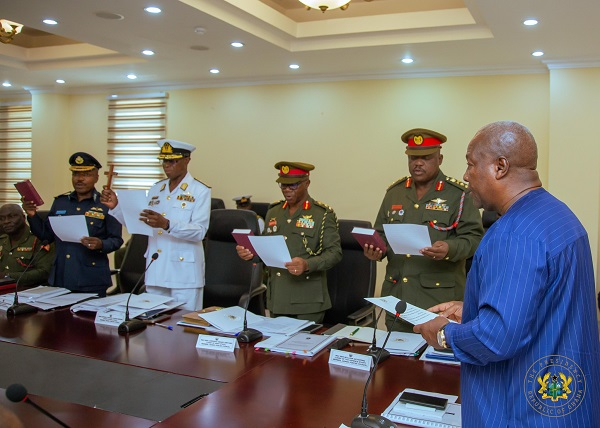
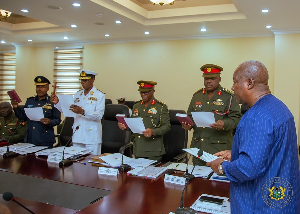

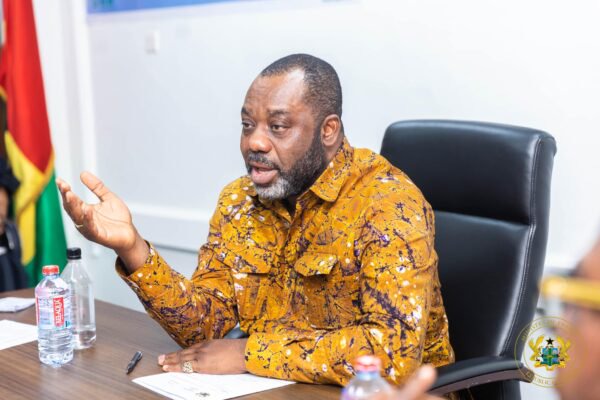



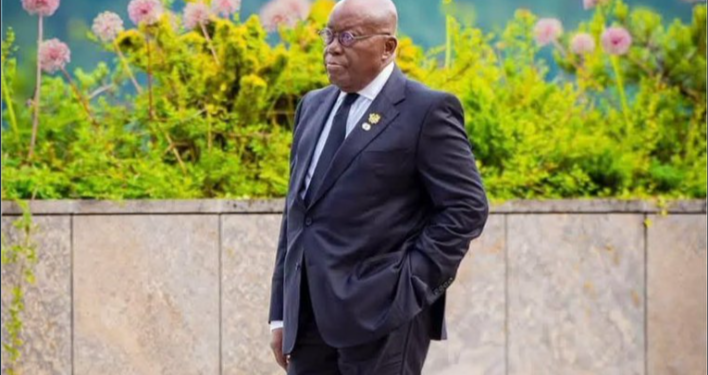

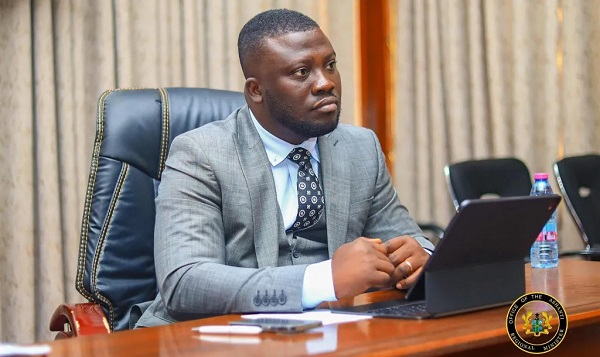
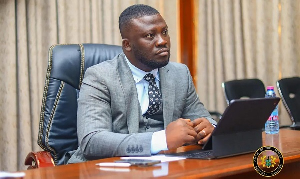
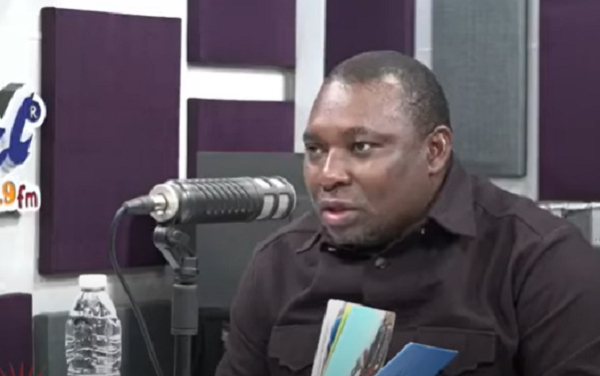
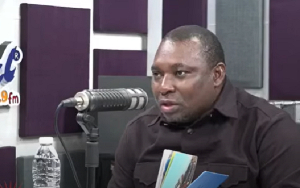

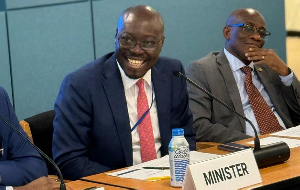

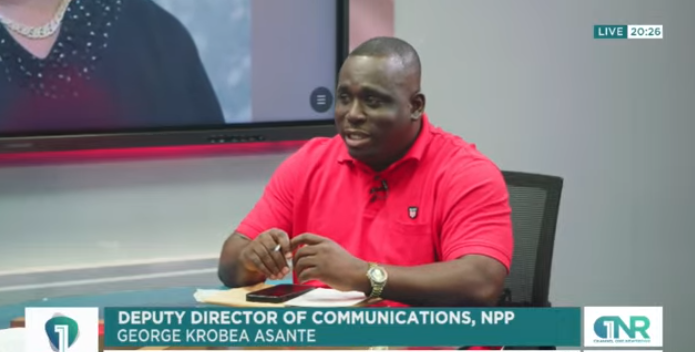
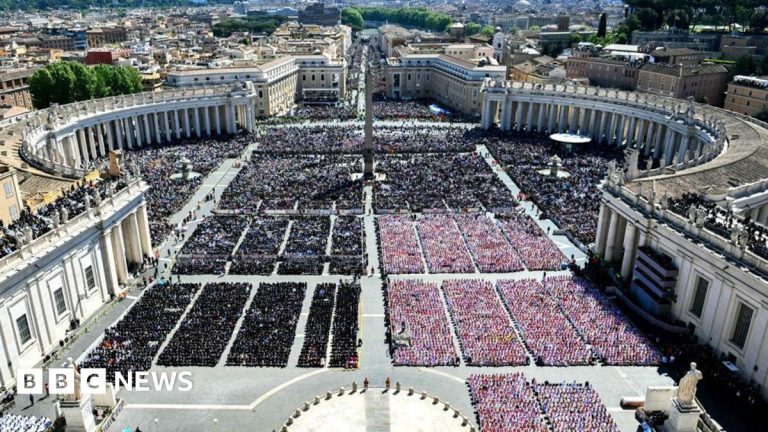

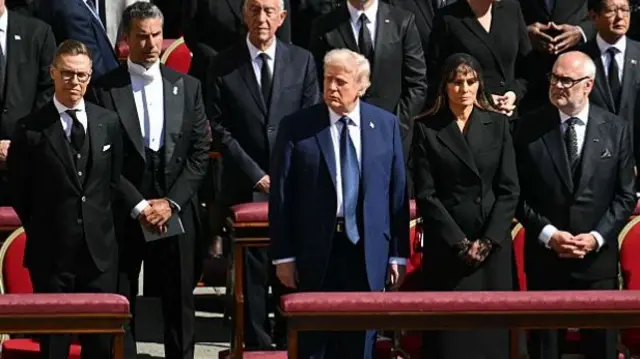

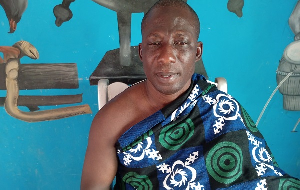

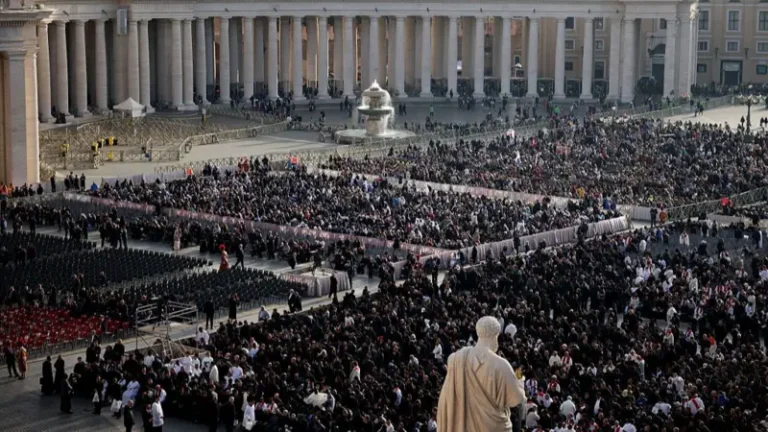
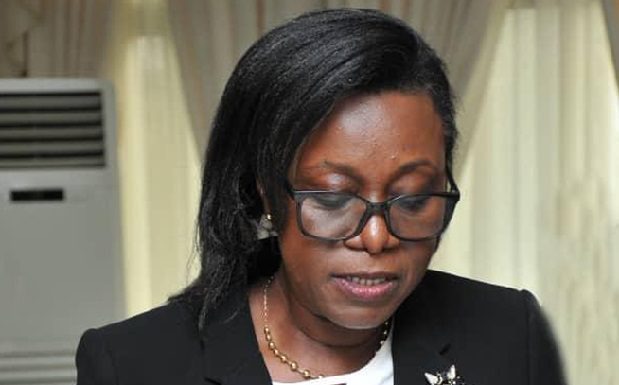
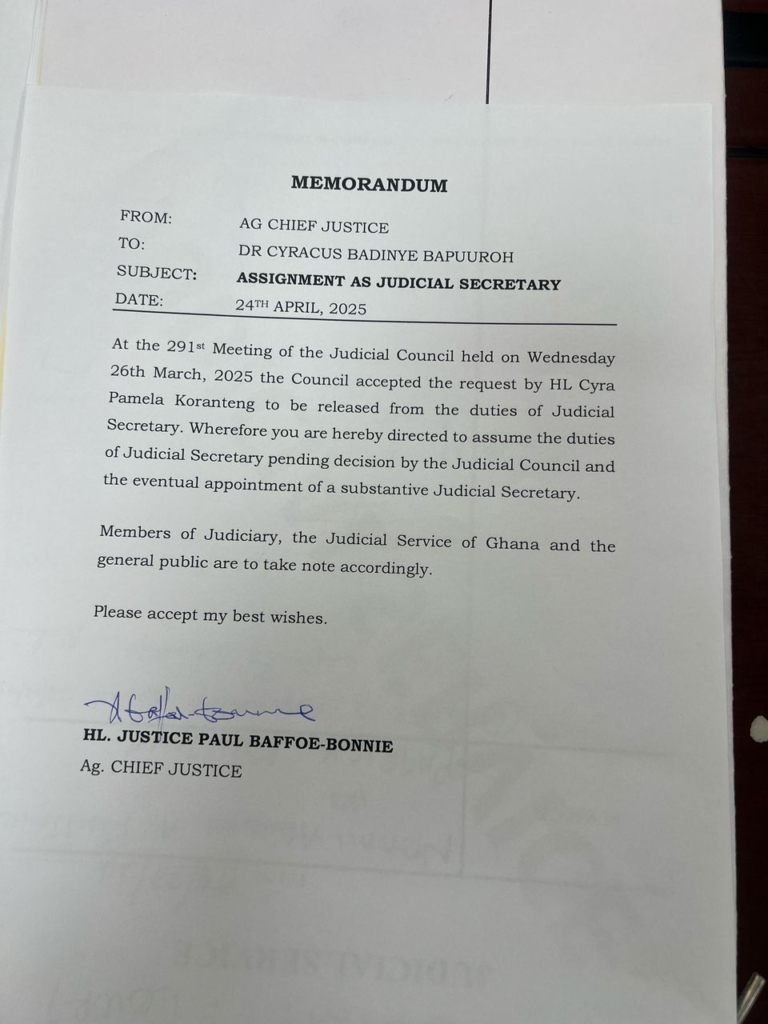
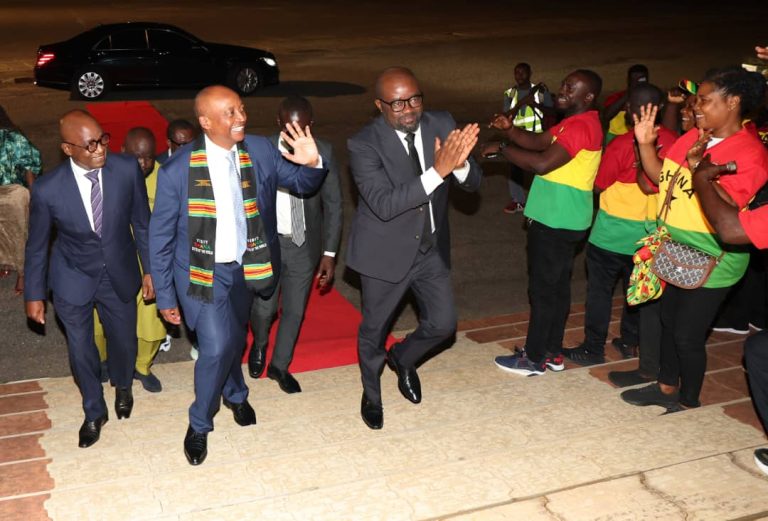
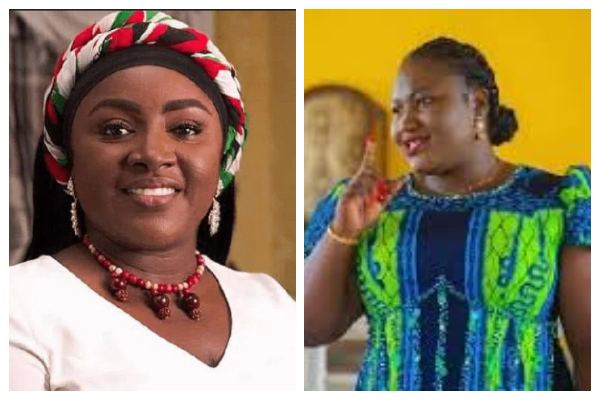
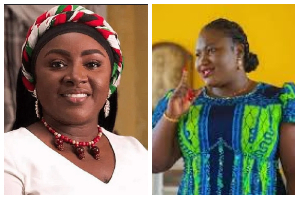

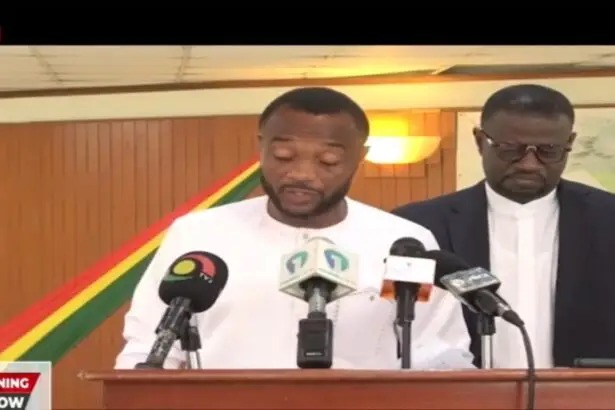
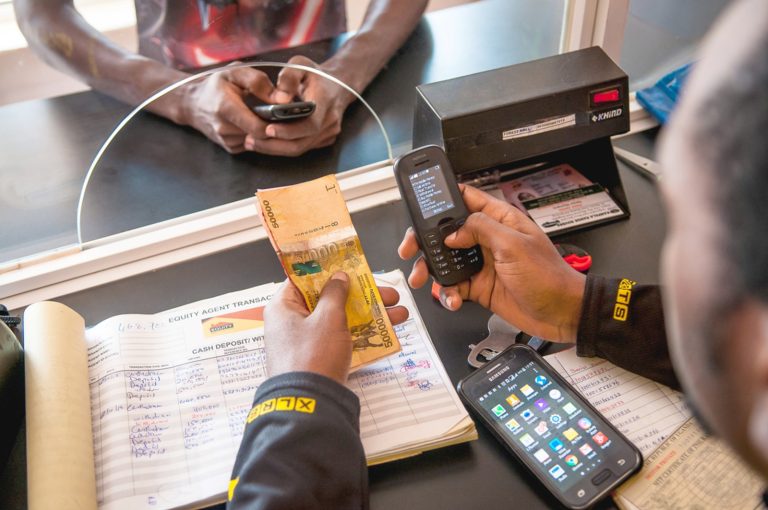
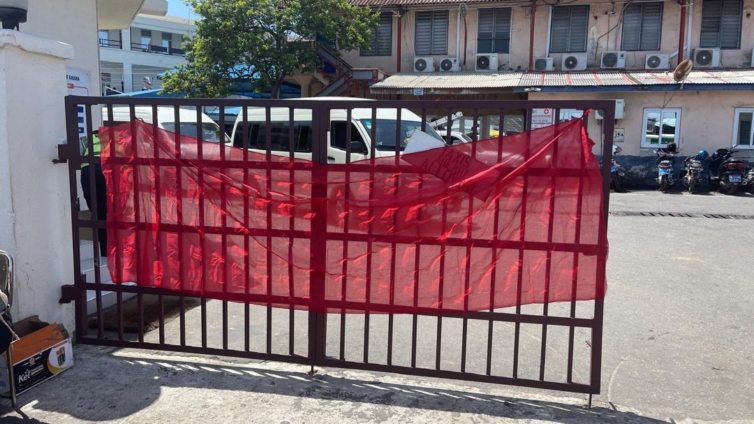




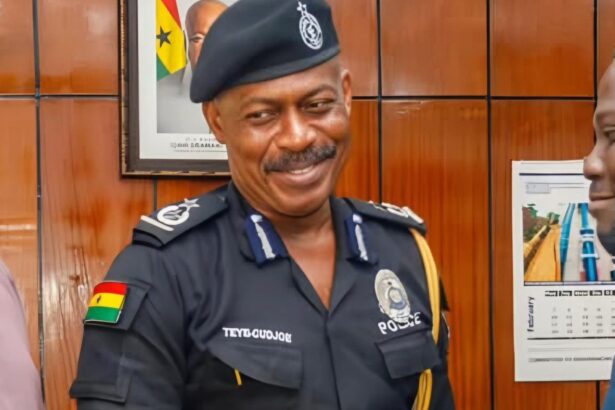
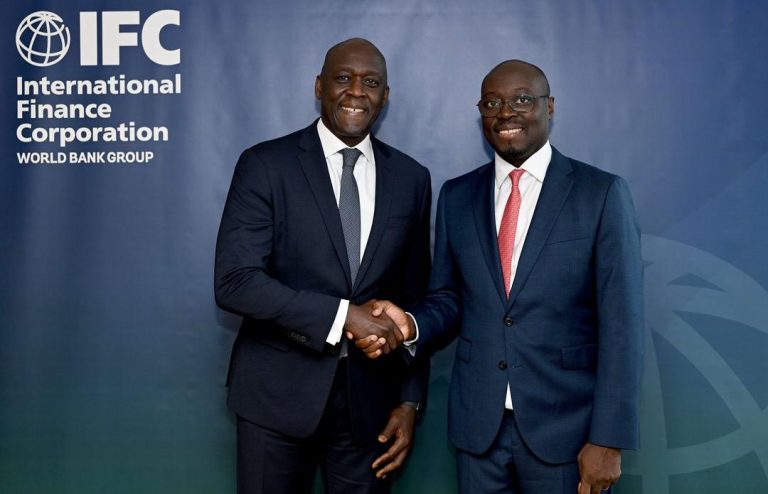
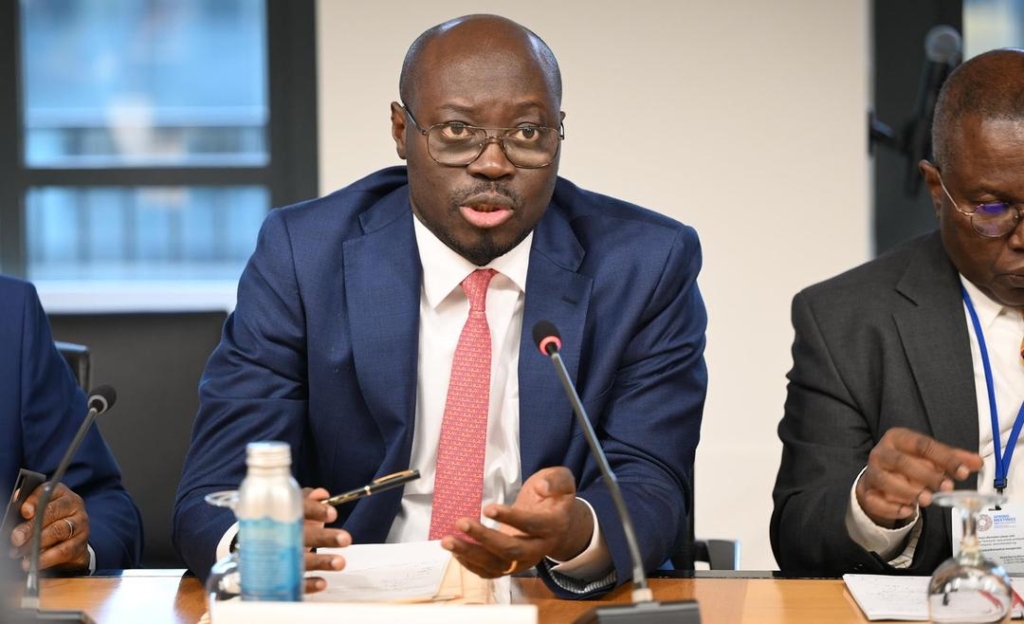
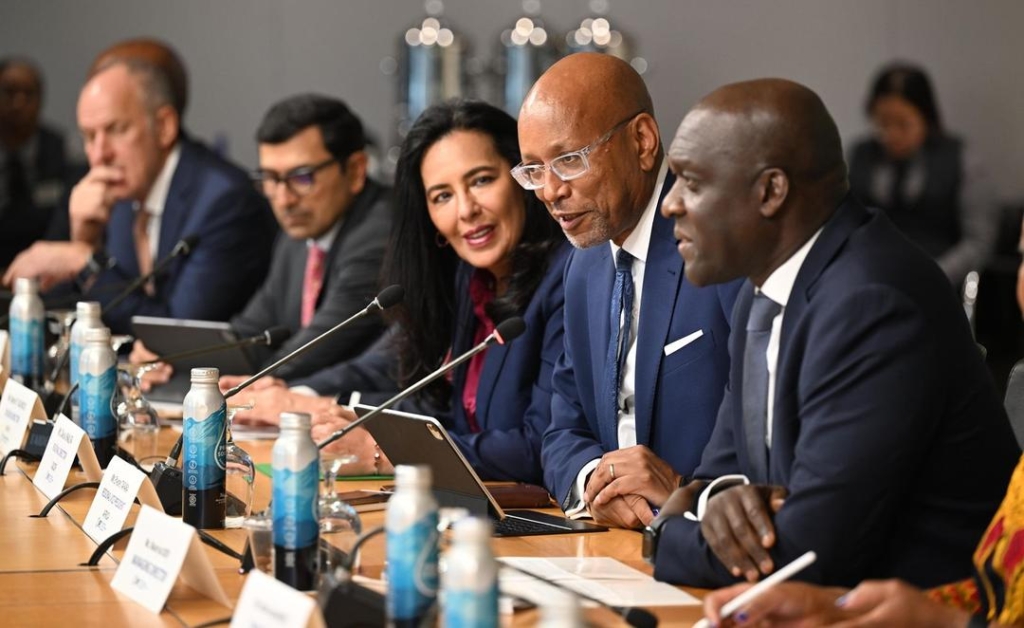



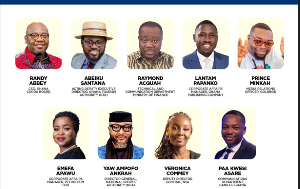
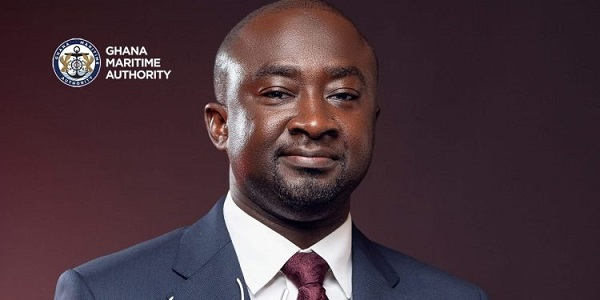
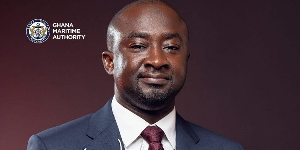

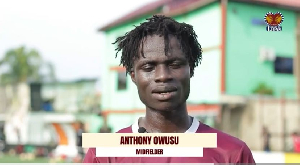
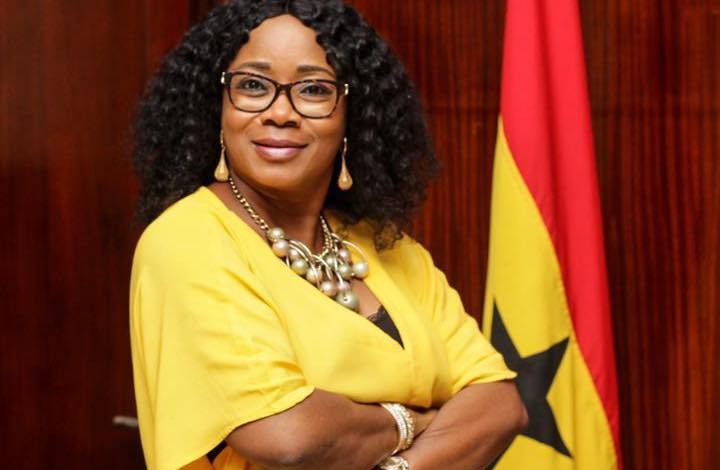
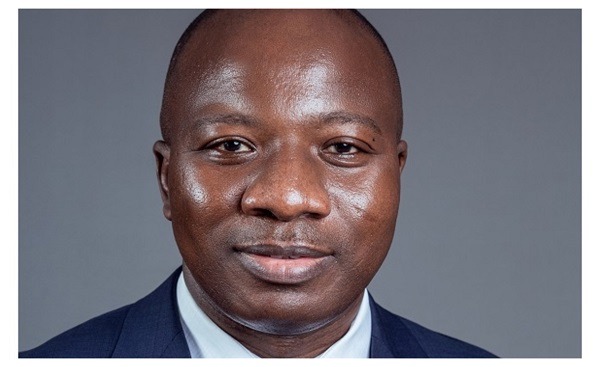

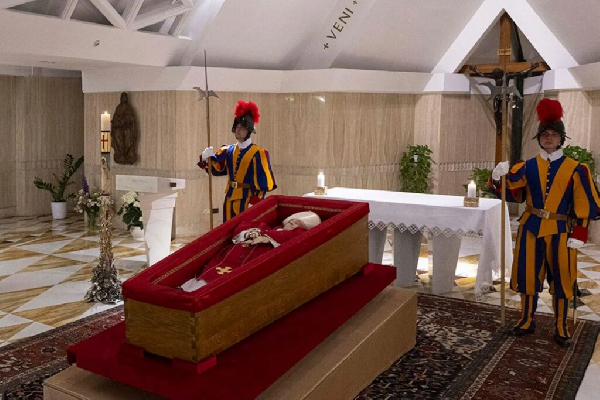
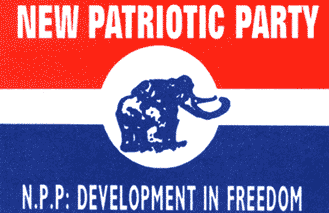

![Kwabena Mintah Akandoh [L] and Dr Okoe Boye Kwabena Mintah Akandoh [L] and Dr Okoe Boye](https://cdn.ghanaweb.com/imagelib/pics/126/12641778.295.jpg)
